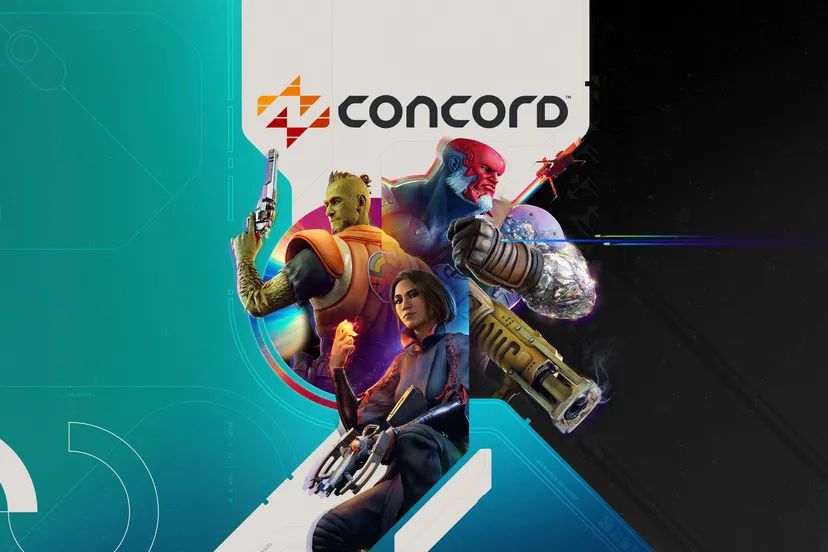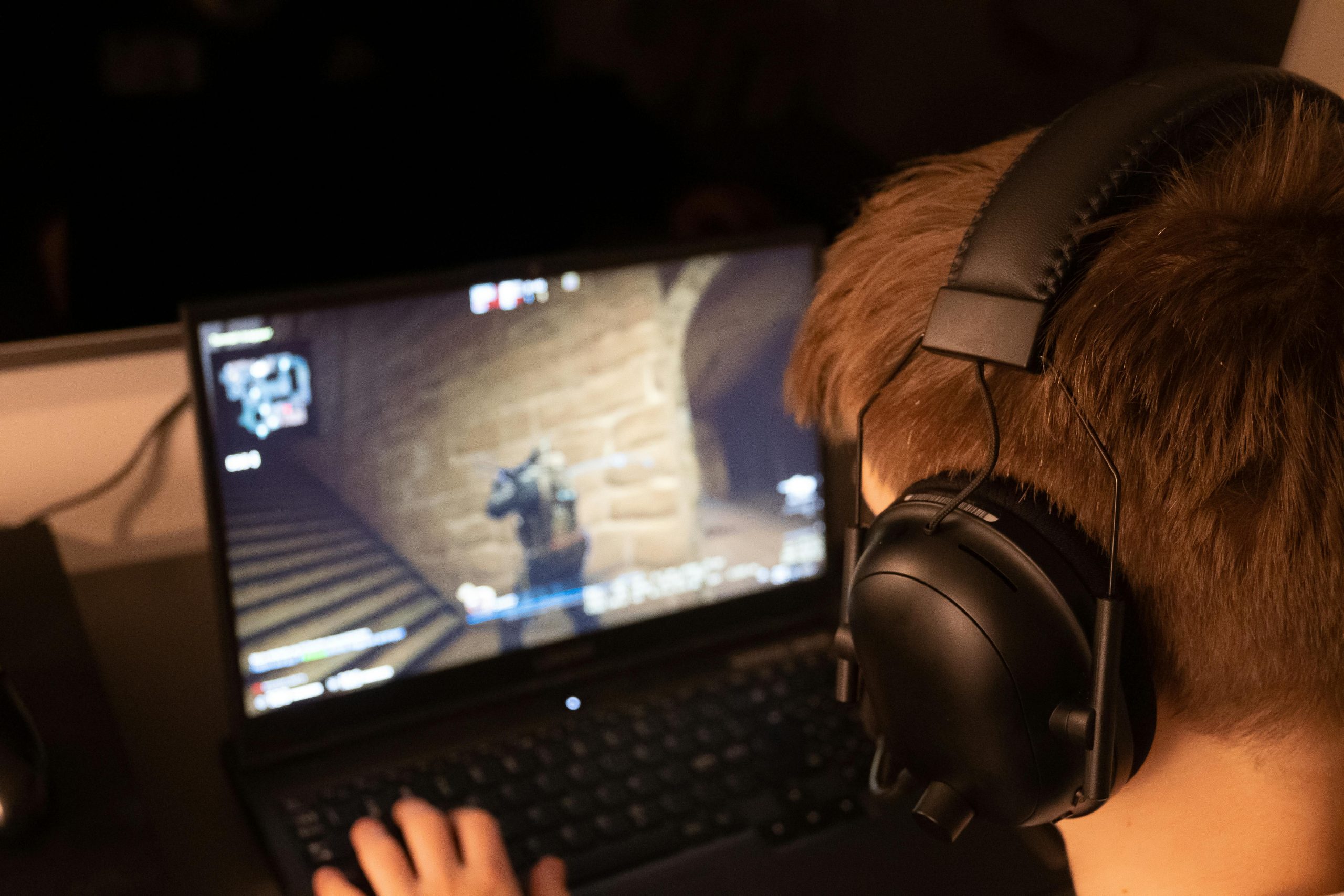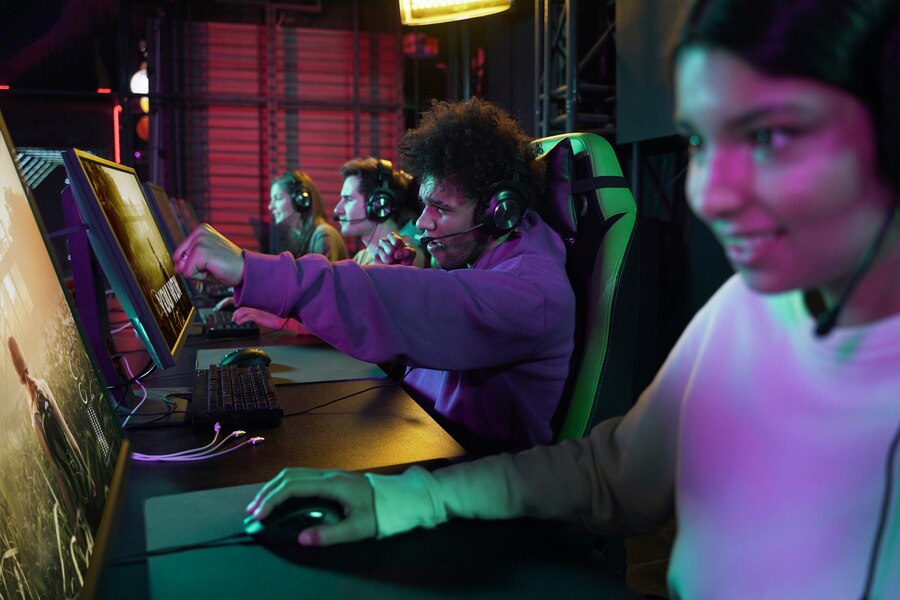Just 11 days after launch, Sony pulled the plug on Concord, their much-hyped PlayStation hero shooter. After promising refunds to online buyers and leaving physical retailers scrambling to offload unsold copies, the launch quickly went from promising to a high-profile cautionary tale.
Despite eight years of development, Concord stumbled right out of the gate. Even with Sony’s marketing muscle, it drew a tepid reception on Steam, peaking at under 700 players on launch day—a shocking stat for a AAA game in today’s era. And it wasn’t just a bad day; the numbers never rebounded. So, what happened here? Failures aren’t rare in gaming, but Concord stands out as one of the most jarring missteps in recent memory. And while there’s a lot to unpack, the core issues point to a few fundamental lessons. Here’s my take on what went wrong and what we can learn from it.
1. Gameplay Innovation: You Can’t Just Follow the Crowd
Concord had production values, sure, but what it lacked was a compelling reason to play. Aimed at a genre already dominated by giants like Overwatch, Valorant, and Apex Legends, Concord offered little to differentiate itself. The gameplay felt derivative, with few fresh mechanics or innovative twists, and ultimately, it missed the wave entirely.
Here’s the thing: Players today have endless options to capture their attention, and they’re not going to leave behind a game they love for something that doesn’t break new ground. Just copying a genre’s popular elements isn’t enough—if you’re not building on or pushing something new forward, you’re not giving players a reason to switch.
2. Relying on Data Without Heart
It’s easy to see why studios want to chase data-backed trends—gaming is a high-stakes industry, and relying on data for decision-making feels safe. But when data becomes the only guide, it means that creativity and originality take a back seat. From player feedback, Concord felt like a game built from checklists: all the “right” features without any real soul. There’s a fine line between leveraging trends and making something genuinely engaging.The key here? Data should inspire, not dictate. Trends can tell us what players like, but only creativity gives them a reason to love a game. Games that resonate—Fortnite, Minecraft, even Among Us—bring something fresh and unexpected to the table. They have personality, passion, and a clear vision that players can feel.
3. A Strong Narrative and Game Loop Are Non-Negotiable
Every successful game has that “one more time” factor that keeps players coming back. Whether it’s the thrill of a win, the satisfaction of leveling up, or a story that hooks them in – a strong game loop is essential. For Concord, the lack of a compelling loop or narrative depth left players without a reason to stay. Sure, you don’t always need a groundbreaking story, but you do need a loop that feels fresh and meaningful with games today.
At the end of the day, a good game loop should feel both familiar and evolving. It should reward players for sticking around, not just in terms of points or items, but in experiences they genuinely enjoy.
So, What’s the Real Solution?
If there’s one takeaway from Concord, it’s that backing from a major studio and a massive budget don’t guarantee success. So what does? In my opinion, it’s about shifting the focus from top-down production to community-driven creativity.
The games that stick around—Minecraft, Roblox, even Moddio—succeed because they empower players. User-generated content (UGC) is transforming the industry because it allows players to shape their own experiences. With UGC, the possibilities are limitless; players aren’t waiting for a studio to tell them what’s fun. Instead, they’re creating it themselves, making worlds that feel personal and relevant.
That’s why I’m passionate about what we’re building at Moddio. We’re not just giving people a game; we’re giving them the tools to make the game they want. By lowering the barriers to game creation, we’re making a community where players are creators, where creativity is celebrated, and where the games themselves can always evolve.
I truly believe the future of gaming lies in community-driven content. When we give players a stake in the game, we’re not just creating fans—we’re creating creators who bring fresh energy, new ideas, and lasting engagement. And to me, that’s the heart of what gaming should be.





